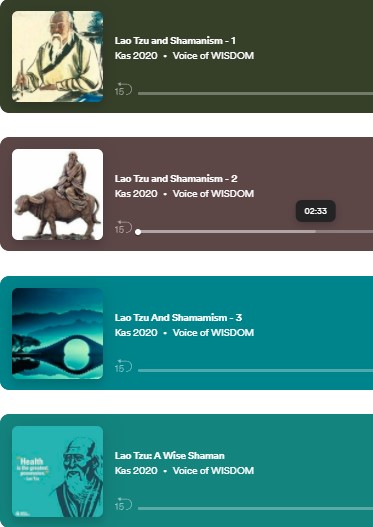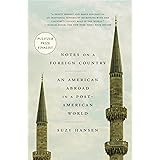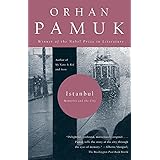Lao Tzu and Water. Lao Tzu and Water. Lao Tzu and Water.Lao Tzu and Water.
In the Tao teaching, if a person lives according to the law of nature, his life will pass in peace, balance and harmony with the environment. This is the life principle of the Tao teaching. The most striking metaphor of Tao teaching is “water”. Alan Watts emphasized this metaphor by calling his book on the subject “Stream Road” (Watts, 1975). Everything should be like a stream.
Water does not neglect the slightest height or pit. It swells over one, jumps over a rock, fills a pit. These are his nature, character, or features of his existence. Lao Tzu brings examples from the daily life of man to illustrate the Tao way. The stream is the symbol of Tao. It is like a woman. It is like a child. It looks weak, but it is water that carves the rock.
The water metaphor teaches humility. Everything seems to happen spontaneously in nature. A good master is the easiest to do his job without difficulty. For him, simplicity is the biggest feature. A person with a clean heart is not cunning. He does not think about the profit of his work. It is not egoistic. He has not lost his balance because of his ambitions.
The people do not even know of the existence of a ruler living according to Tao teachings. It is the opposite of the power image in world history. Emptying the highest success does not prevent it from being a success. The Void implies the existence of a potential in Tao teaching, that a potential is not finished. The full one has no other opportunity left.
Tao Te Ching
Chapter Eight
-
A person of great virtue is like the flowing water.
-
Water benefits all things and contends not with them.
-
It puts itself in a place that no one wishes to be and thus is closest to Tao.
-
A virtuous person is like water which adapts itself to the perfect place.
-
His mind is like the deep water that is calm and peaceful.
-
His heart is kind like water that benefits all.
-
His words are sincere like the constant flow of water.
-
His governing is natural without desire which is like the softness of water that penetrates through hard rocks.
-
His work is of talent like the free flow of water.
-
His movement is of right timing like water that flows smoothly.
-
A virtuous person never forces his way and hence will not make faults.
Chapter Nine
-
Those who overly pride wealth is like the overflowing water which shall cause damages. It is
-
better to restrain early.
-
Those who are not content with fame is like polishing the edge of a knife.
-
The sharper it gets, the easier it is to break.
-
Wealth and treasures are but illusions that one cannot possess.
-
Those who are arrogant of their wealth and fame shall invite blame upon oneself.
-
The nature Tao teaches one to retreat after one’s success and not to hold on to the credit.
Chapter Fifteen
-
The ancient Tao cultivators were subtle and mysterious.
-
They were of immeasurable profundity.
-
Because they were too subtle to be known, so reluctantly they were being described as follow:
-
Harmonized, like the turbid water.
-
How can one turn the turbid water into clarity?
Chapter Thirty-six
-
This is known as the enlightened nature that is subtle yet profound.
-
Gentleness overcomes strength, and the weak overcomes the strong.
-
Just as fish live in deep water and cannot survive after being taken out of the depths.
-
And the powerful weapons of a country should not be displayed,
-
Just like one’s true nature cannot be revealed to be seen.
Chapter Seventy-eight
-
There is nothing in this world that is softer and weaker than water.
-
Even those that can conquer the strong and hard,
-
Are still not superior than water.
-
Nothing can substitute it.
-
Hence, what is soft can overcome the strong.
-
What is gentle can overcome the strength.
-
This is known by the world.
-
However, people cannot put it into practice.
-
Therefore, the saint said as follow:
-
He who can take the disgrace of a nation,
-
Is said to be the master of the nation.
-
He who can bear the misfortune of a nation,
-
Is said to be the ruler of the world.
-
Truthful words may seem to be the reverse of worldly practices.





















